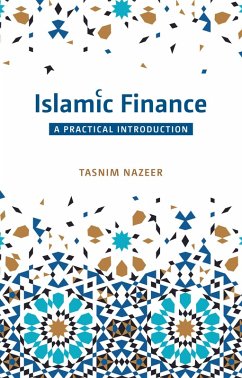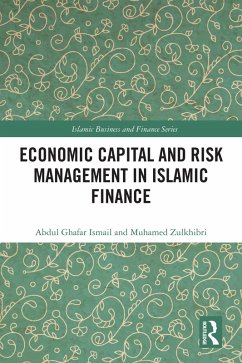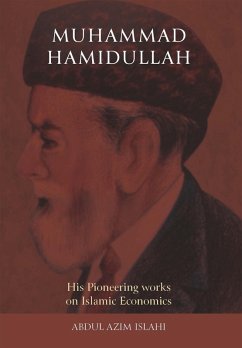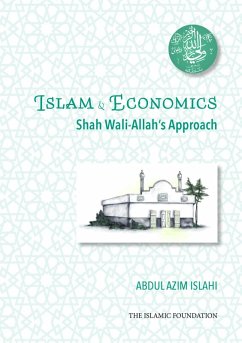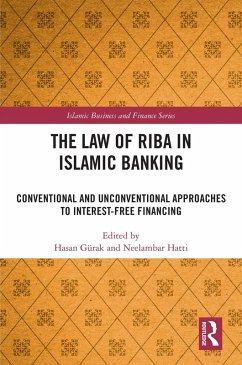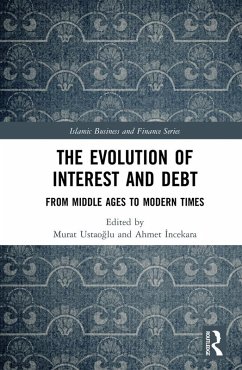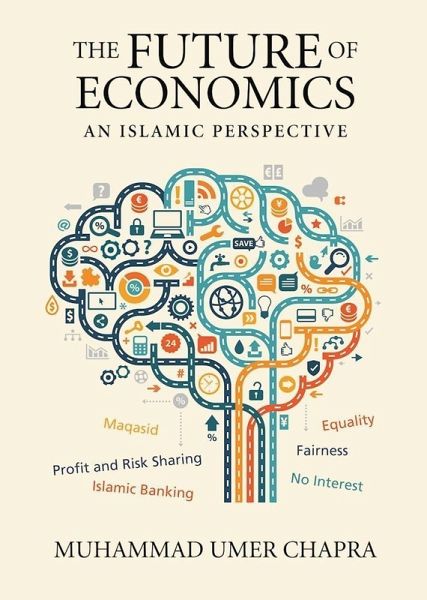
The Future of Economics (eBook, ePUB)
An Islamic Perspective

PAYBACK Punkte
7 °P sammeln!
This profound book is a powerful yet balanced critique of mainstream economics that makes a forceful plea for taking economics out of its secular and occident-centred cocoon. It presents an innovative and formidable case to re-link economics with moral and egalitarian concerns so as to harness the discipline in the service of humanity.M. Umer Chapra is ranked amongst the Top 50 Global Leaders in Islamic economics (ISLAMICA 500, 2015) and has been awarded with two prestigious awards for his contributions to the field: Islamic Development Bank Award for Islamic Economics (1989) and the King Fais...
This profound book is a powerful yet balanced critique of mainstream economics that makes a forceful plea for taking economics out of its secular and occident-centred cocoon. It presents an innovative and formidable case to re-link economics with moral and egalitarian concerns so as to harness the discipline in the service of humanity.
M. Umer Chapra is ranked amongst the Top 50 Global Leaders in Islamic economics (ISLAMICA 500, 2015) and has been awarded with two prestigious awards for his contributions to the field: Islamic Development Bank Award for Islamic Economics (1989) and the King Faisal International Prize for Islamic Studies (1989).
Dieser Download kann aus rechtlichen Gründen nur mit Rechnungsadresse in A, D ausgeliefert werden.





